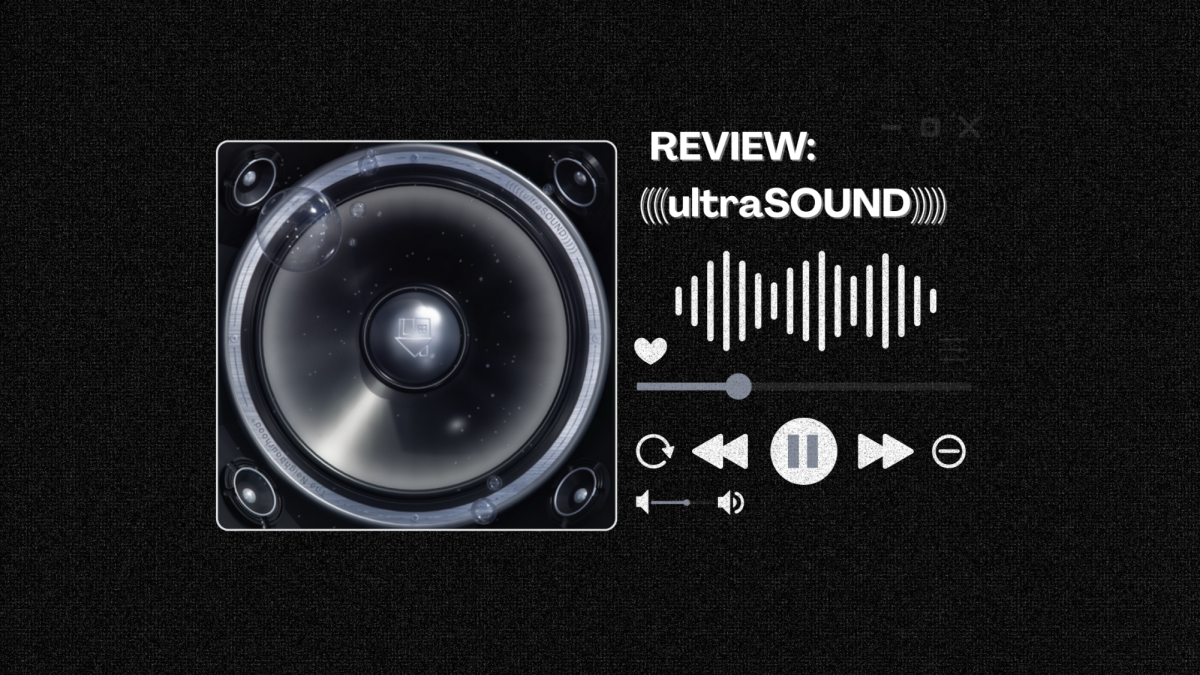Procrastination is in all of us, but why?
March 19, 2013
Procrastination is a curious act – we all do it, no matter how important the task like paying a bill, doing homework or even asking someone on a date. We make up excuses and distract ourselves with menial affairs like watching television and updating our Facebook status until the last minute, and then it’s crunch time.
This act is a double-edged sword and we gain a sense of pleasure from skipping out on work. We then follow with a heavy dose of anxiety depending on how long the task is put off. Science can explain the act of procrastination, but the knowledge will rarely curb our habit.
Stereotypically, a person who can be categorized as a “chronic procrastinator” is seen as a person who is lazy and cannot manage his or her time well. This misconception exists because we all procrastinate. A quick poll around the quad of the Sacramento State campus showed 28 of 30 students claim to be a procrastinator. Even the most driven person can be, and probably is, guilty of procrastinating from time to time.
It is not hard to see why people postpone certain tasks until the last minute. Our lives are filled with deeds that give us zero pleasure. Writing a paper is not as fun as playing video games or watching TV, especially if the grade for that paper won’t induce satisfaction until the end of the semester.
“It is more likely that people will go for an immediate reward rather than one that comes down the pipeline,” said psychology professor Emily Wickelgren.
According to “ASAP Science,” a YouTube channel run by biologist Mitchell Moffit and Gregory Brown, we receive a small continual dose of dopamine, a neurotransmitter that helps control the brain’s reward and pleasure center, when we distract ourselves activities with like video games.
Conversely, some tasks cannot be waited on. Thinking back to hunter-gatherer society where their livelihood depended on their ability to hunt and kill an animal for food, clothing and shelter, the idea of procrastination seems like a modern luxury. Paying a water bill can wait whereas fetching water to survive cannot.
“When you look at hunter-gatherer society, what’s interesting about them is they do the major work of the day in the first four hours of the day,” said psychology professor Lisa Bohon. “What we see now is that the rewards are so separated from the deed that you don’t really have that motivation to do it.”
Sometimes procrastination is too seductive even for the most urgent task and when playing the waiting game has taken someone too far, stress and anxiety are the prevailing emotions.
The phrase “I perform better under pressure” has been used by many people. I don’t think pressure is the secret ingredient to an “A” paper. A carefully researched paper with multiple drafts, followed by careful proofreading has a greater chance of being someone’s best work as opposed to an all-night cram session.
“It’s bad that I know I am (a procrastinator); sometimes it is just a lack of motivation,” said sophomore criminal justice major Troy Black. “I get panicked. I’m like ‘ah man I didn’t do this’ and then after a while if I’m too panicked I’ll just say forget it.”
For chronic procrastination, which really separates a “true procrastinator” from the rest of society, there are a few ways to kick the habit. “ASAP Science” suggests rewarding yourself in intervals by working for 25 minutes straight then take a five minute break with an award like a snack. Then start the clock again by adding more work time to each interval.
Additionally, recognizing one’s own habit of postponing and applying self-imposed deadlines helps with procrastination. I believe accepting that we postpone certain tasks and applying a deadline to that task before it’s really due is a valuable tool.
We are all expected to achieve our goals and meet them in a timely matter. We should take pride in every task that is presented to us, menial or monumental. Turning work into a pleasurable task can eliminate the guilt that follows when hanging out with friends when you’re supposed to be reading or running errands.
Anthony can be reached at: anthonynathan@csus.edu
































































































































